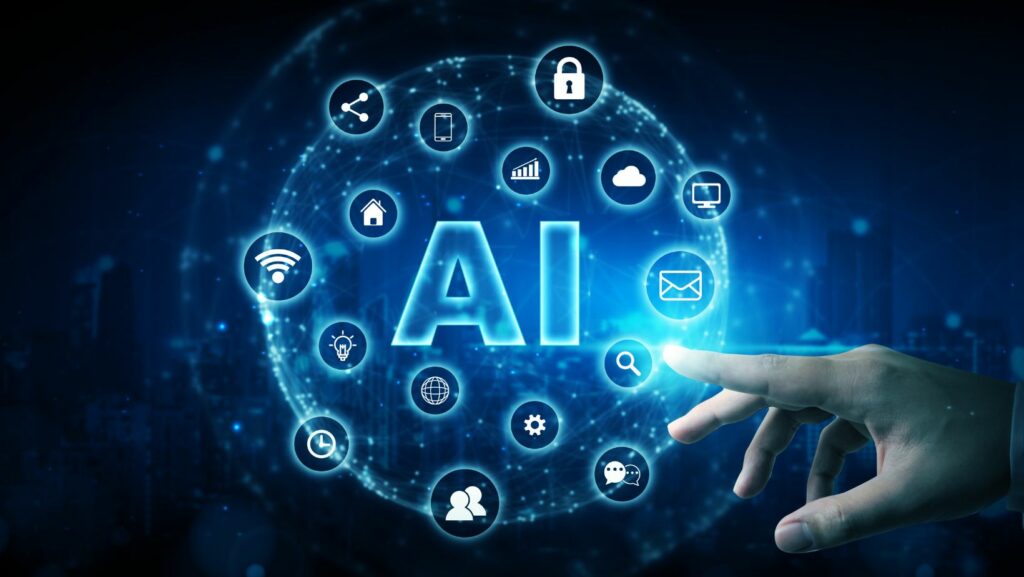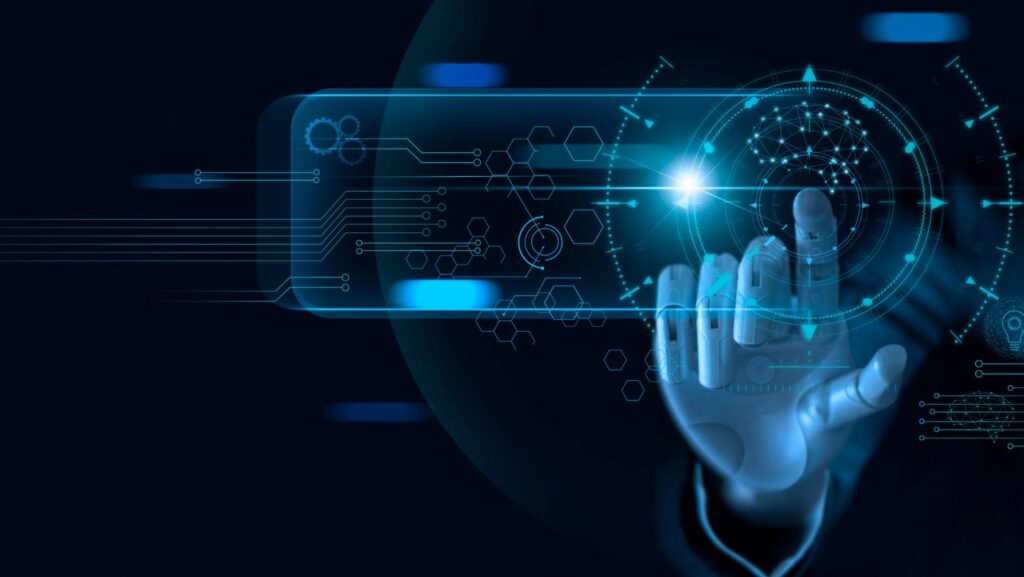Artificial Intelligence has made serious strides over the years, and the future we imagined might just be here. AI technology is one of the fastest-rising industries and has impacted almost every sector. Whether manufacturing, health, gaming, or finance, AI has been a game changer. Generative AI has taken an even bigger leap with content becoming more and more realistic. If you remember the trending AI video of Will Smith eating spaghetti, many thought AI wouldn’t live up to its reputation, only to be proven wrong later. Models like Sora can come up with hyperrealistic videos and other models are turning still photos into videos.
While artificial intelligence is often described as a technology that ‘can do almost anything,’ there are still limitations. However, the next level, Artificial General Intelligence (AGI), might end up breaking a lot of barriers if actualized.
Multitasking
Current AI tools can only perform one task at a time and are designed for one specific function. However, techies working on these tools are trying to improve them so that they can multitask. So far, AI tools can execute a sequence of predefined tasks after receiving a single command.
An example is the Google Assistant platform that uses AI to share your reminders, switch on lights, and play music. When it comes to multitasking fully, like jumping on a video call, responding to emails, and taking notes at the same time, AI has yet to achieve that.
Explain Its Outputs
Artificial intelligence operates in two key ways—learning from vast datasets and using complex algorithms to analyze and interpret information.

But as a user, you might never know what criteria the AI model used to give you a response. According to a McKinsey Quarterly article, as AI algorithms become more complex, understanding how they reach decisions becomes increasingly difficult.
Feel Emotions
One of the key differences between humans and AI is that we can feel emotions and connect at a deeper level. With artificial intelligence, even though it can have some form of emotional intelligence, it still relies on a complex algorithm that tries to understand patterns.
It’s because of this that even though artificial intelligence has made a lot of progress in customer support, it still isn’t quite there yet. People will find answers to basic questions through an AI chatbot but would like to speak to a human representative for other things.
AI Can Hack Anything?
Artificial Intelligence is a brilliant technology and it’s nothing like we’ve ever seen before. How it makes work easier and processes large sets of data in seconds is truly mind-blowing. That’s why some people try to use it to get an advantage on things.
Some try to use AI to predict the stock market and get it to make trades for them. Others attempt to use AI to predict casino game outcomes and gain an unfair advantage. For the casino example, yes AI can help you refine your strategies, but it can’t beat an RNG and let you win every time. Your best bet is to find a no wagering casino and claim their bonuses to try your strategies with the extra cash.

Artificial intelligence might be powerful, but it has its limits.
Replace Humans
Lastly, the biggest scare when it comes to artificial intelligence is that it will ultimately replace humans rendering all of us useless in a robot-dominated world. That couldn’t be further from the truth. AI continues to play a key role in shaping human experiences whether its work, social interactions, or our understanding of this world. However, AI is more of a friend than a foe.
The earlier we find a way to co-exist with this technology and work together the better. There are things AI is good at, like analyzing data in seconds and automating tasks, but there are also things that humans have the upper hand, like creativity and emotions. The reality is that AI is here to stay, and it’s better to adapt to this new reality. Humans will have more time and find purpose in doing more fulfilling things and most mundane tasks will be left to AI to make it easier.



